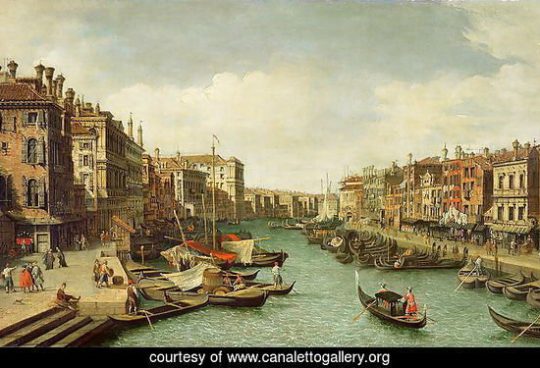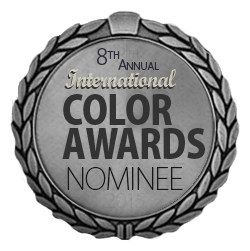Definition of ethic, from the Merriam-Webster
1 ethics plural in form but singular or plural in construction : the discipline dealing with what is good and bad and with moral duty and obligation
2a : a set of moral principles : a theory or system of moral values
b ethics plural in form but singular or plural in construction : the principles of conduct governing an individual or a group professional ethics
c : a guiding philosophy
d : a consciousness of moral importance forge a conservation ethic
3 ethics plural : a set of moral issues or aspects (such as rightness) debated the ethics of human cloning
One of the latest news in the photographic world is the Australian Photographer Saad losing her prizes because in her composition she used images produced by other photographers. Not only, but even without the permission of the original creators.
In a previous post I already talked about the fact that personally I do not consider photography what in reality are digital illustration, and is not the point of this post.
Lately we have seen a long list of photographers that in some way cheated or at least stretched the rules a little too much. Many contests had to reassign prizes or eliminate a lot of images for not following some basic rules.
Ethic is something we do not talk about anymore. Professional associations, not only photographic, are mostly avoiding the argument.
When I started in the profession it was common to read articles and hear speakers, talking about good practices and the ethics of the job.
It was easy to be exposed at examples of ethical problems related to our job and have some guides to apply our generic moral values and ethic to the specific field. We were taught to think long term and that the use of a strict ethic was the best way to achieve long term success and keep clients. To learn good practices was essential.
Now most people just look at having the instantaneous satisfaction of likes on social media. Long term is a concept of the past.
Personally I had to take decisions, based on my ethic and moral values, to deal with some clients’ requests or for my personal projects.
Some examples:
- a politician asking pictures, for his campaign, with kids in the hospital to show “he makes kid smile”
- a commercial client wanting to use the product of a competitor, not branded, for his advertise
- people asking to appear what they were not for dating sites
Those situations were easy to judge and to say no. But is not always that easy, a lot of situations have some grey areas and make the decision more complicated.
I was in Florence some years ago and there were garbage sacks in front of the monuments at night thanks to the door to door garbage collection. I could have created some contest images retouching them out, but I simply decided to not do it.
A simple case like that can have different answers.
- For sure is totally unethical to eliminate the trash if it is a reportage.
- If it is an advertise of the city to promote tourism we can enter a little grey area, some people will think is correct to embellish the subject for commercial purposes.
- If it is a pure artistic image everything is allowed.
If we enter the image in a contest must we declare is a digital elaboration or not because we eliminated the garbage?
We cannot see an answer or a precise guideline in the contests rules. Usually the decision is left to us. But where is the line?
Digital photography allows us to a great degree of enhancements and elaborations and we need to decide continuously what is our limit.
I’m not able to give general rules, but I can tell you what are the parameters I use.
In 1932 Herbert Taylor developed the Four Way Test as an ethical rule for his employees, to use as a guide of action and recover form the 1929 crises. It worked. The test was then adopted by the Rotary International.
It is very simple:
The Four-Way Test of the things we think, say or do
- Is it the TRUTH?
- Is it FAIR to all Concerned?
- Will it build GOODWILL and BETTER FRIENDSHIPS?
- Will it be BENEFICIAL to all concerned?
Not always it is easy to apply it, but it is a great starting point to make decisions, not only about our images, but also about every action in our lives.
For example if we get back to the Florence garbage, to embellish a picture eliminating it, if we work for a commercial to attract tourists, we can still consider the image an embellished truth, but for sure is not beneficial for the tourists expecting a beautiful clean city when they book their trip and finding a stinking and ugly reality.
If our goal is just to have more likes on social media and some advertise for ourselves, is it worth the risk? Is it worth to risk our career, and the trust paying clients put in us, for some likes?
At the end of the day what let us have bread on the table are paying clients. The word of mouth about my honesty is much more important for me than 50,000 followers or a prize not deserved.




